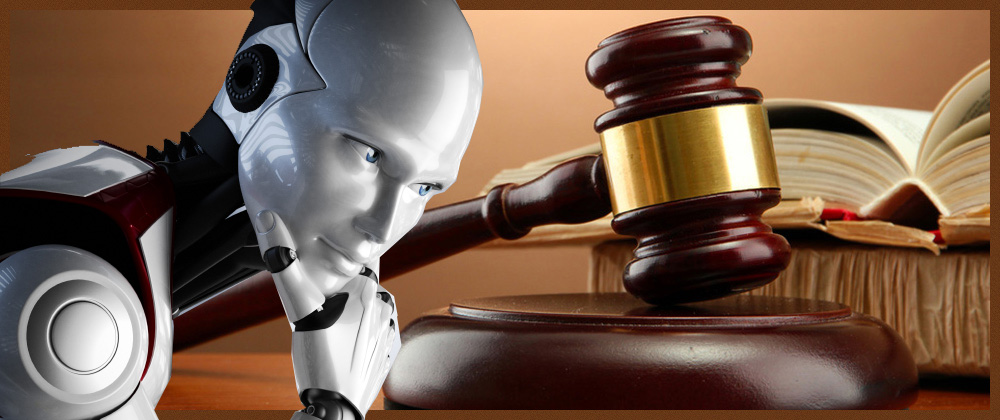Should robots have the same rights as you or I? What rights do you and I enjoy because of our intelligent, self-aware status? These questions are complex, but they will certainly have real-world consequences for robots at some point in the not-too-distant future. Should robots reach the level of self-awareness and show genuine intelligence, we must be prepared to treat them as sentient beings, and respect their desires, wants and needs as we respect those things in our human society. From past few years of concentrating on short and medium term futures, we have remained fascinated by one long term emerging issue‑the Rights of Robots. We believe that robots will one day have rights. This will undoubtedly be a historically significant event. Such an extension of rights obviously presupposes a future that will be fundamentally different from the present.
Robot Laws
Robocrime? This isn't a new problem – similar considerations arise in trials of corporate criminality. Recent headlines declaring "Robot Kills Man in Germany" are examples of growing news coverage about the impact of robots on society. Some thought needs to go into when, and in what circumstances, we make the designer or manufacturer liable rather than the user. Much of our current law assumes that human operators are involved. Under present law, robots are just inanimate property without rights or duties. Computers aren't legal persons and have no standing in the judicial system. As such, computers and robots may not be the perpetrators of a felony; a man who dies at the hands of a robot has not been murdered. So laws would need to be created that governed these killing robots. In his 1950 book I, Robot, Isaac Asimov suggests that in the future robots could be governed by the Three Law of Robotics:
1. A robot may not injure a human being or, through inaction, allow a human being to come to harm.
2. A robot must obey orders given it by human beings except where such orders would conflict with the First Law.
3. A robot must protect its own existence as long as such protection does not conflict with the First or Second Law.
Calo quotes science fiction writer Cory Doctorow, who in a response to Calo wrote in The Guardian that he could not think of a legal principle applicable to robots that would not also be usefully applied to the computer, and vice versa.
Source: theconversation.com/, rfreitas.com/Astro/LegalRightsOfRobots.htm
